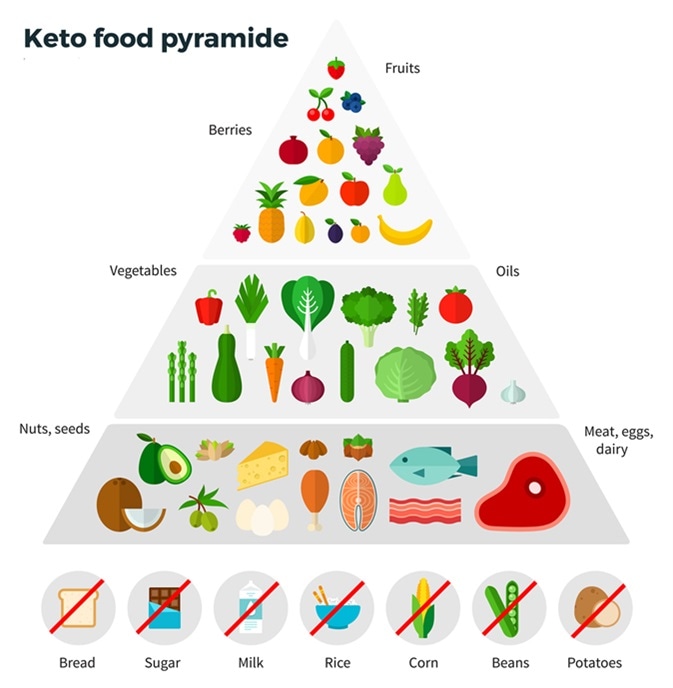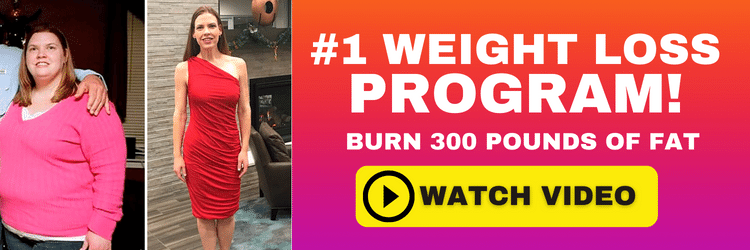Introduction
The ketogenic diet, or keto diet, has gained significant popularity in recent years as an effective way to lose weight. However, with any new health trend, questions arise about its safety and potential side effects. In this article, we will explore the safety of the keto diet and examine its potential benefits and risks.
Understanding the Keto Diet
The keto diet is a low-carbohydrate, high-fat eating plan that aims to bring the body into a state of ketosis. Ketosis is a metabolic state in which the body burns fat for fuel instead of carbohydrates. By limiting carbohydrate intake and increasing fat consumption, the keto diet encourages the body to enter ketosis and expend stored fat for energy.
Is the Keto Diet Safe?
The safety of the keto diet has been a topic of controversy among health professionals. While the diet has shown promising results in terms of weight loss and improvements in certain health markers, it may not be suitable for everyone.
Potential Benefits of the Keto Diet
Proponents of the keto diet argue that it offers several potential benefits beyond weight loss. Some research suggests that the diet may help control blood sugar levels in people with diabetes, reduce inflammation, improve brain health, and even have anti-cancer properties. However, it is important to note that much of this evidence is based on animal studies or small-scale human trials, and more research is needed to validate these claims.
Potential Risks and Side Effects
While the keto diet may have its advantages, it is not without risks and potential side effects. Some individuals may experience what is commonly referred to as the “keto flu” during the initial transition into ketosis. Symptoms of the keto flu may include fatigue, headaches, nausea, dizziness, and irritability. These symptoms are usually temporary and can be managed by staying hydrated and ensuring adequate intake of electrolytes.
One of the concerns with the keto diet is its restrictive nature, which may lead to nutritional deficiencies if not carefully planned. Since the diet severely limits carbohydrate intake, it may be challenging to obtain enough dietary fiber, vitamins, and minerals. Therefore, it is essential to ensure a well-rounded and diverse diet that includes nutrient-dense foods such as vegetables, nuts, and seeds.
Moreover, the long-term effects of following a ketogenic diet are not well understood. Because the diet is relatively new in terms of its popularity, there is a lack of data on its safety and potential adverse effects over extended periods. It is important to consult with a healthcare professional or registered dietitian before embarking on any major dietary changes, including the keto diet.
Who Should Avoid the Keto Diet?
While the keto diet may be suitable for many individuals, certain groups should exercise caution or avoid the diet altogether. These include:
1. Individuals with certain medical conditions such as pancreatitis, liver disease, or gallbladder disease.
2. Pregnant or breastfeeding women, as the diet’s potential effects on fetal development and breast milk production are not well understood.
3. People with a history of disordered eating or an unhealthy relationship with food, as the strict nature of the diet may exacerbate these issues.
4. Those taking certain medications, such as diabetes medications, as the diet can significantly impact blood sugar levels and may require adjustments to medication dosages.
As always, it is crucial to consult with a healthcare professional before starting any new diet or making significant changes to your eating habits, particularly if you fall into one of the categories mentioned above.
Conclusion
In summary, the keto diet can be an effective way to lose weight and potentially offer other health benefits. However, its safety and suitability may vary among individuals. While some people may thrive on a ketogenic eating plan, others may experience adverse effects or find it challenging to maintain. It is essential to consider personal health factors, consult with a healthcare professional, and listen to your body when deciding whether the keto diet is suitable for you.







